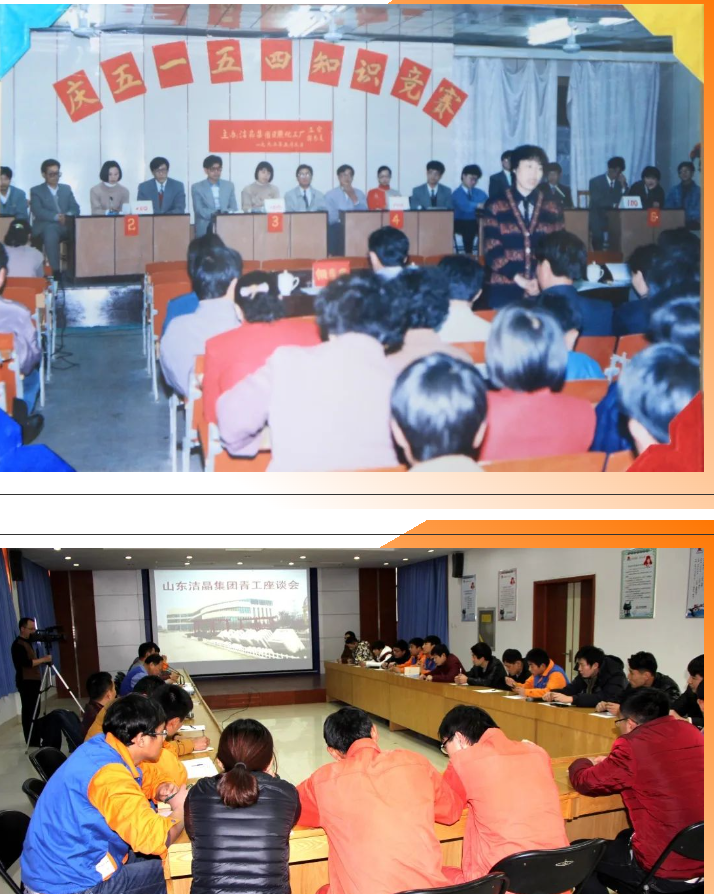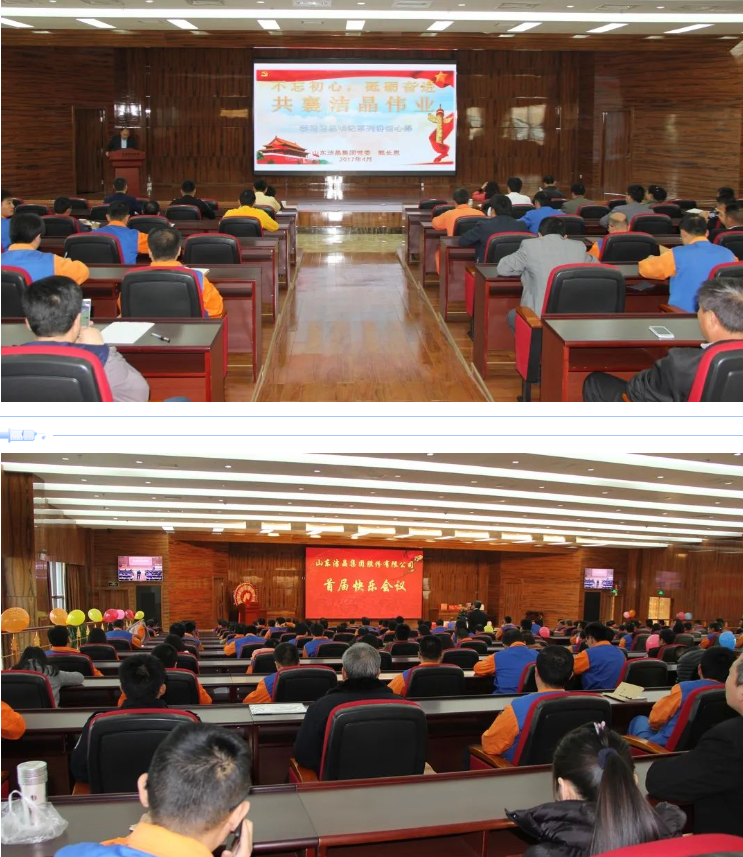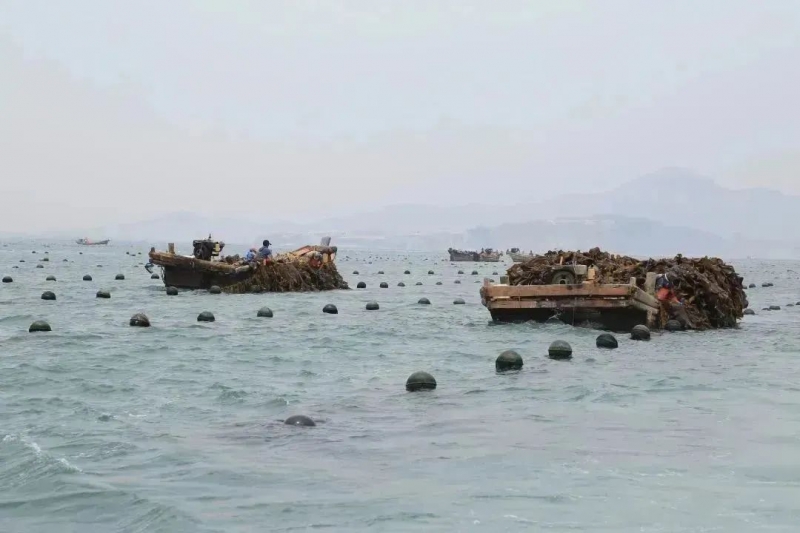
Shandong Jiejing Group Corporation Development Documentary (Part 1)
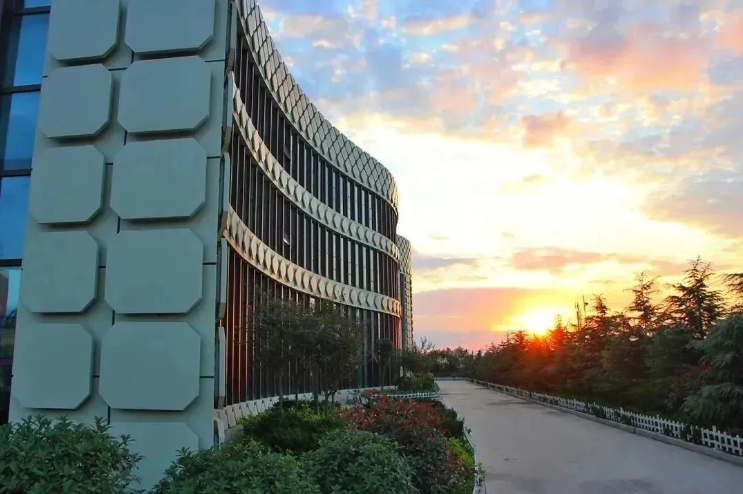
R&D center
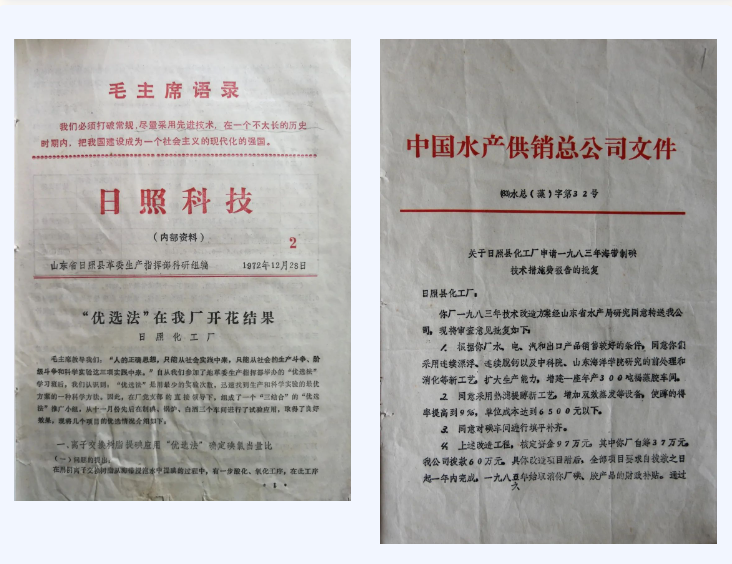
Shandong Jiejing Group Corporation was born from the sea and prospered from algae.
Seaweed grows in the vast ocean, including a wide variety of microalgae and macroalgal flora. It is the foundation and important part of the marine ecosystem and is closely related to human beings. Seaweed is the most important producer in the ocean. It converts inorganic substances and carbon dioxide in seawater into organic matter and oxygen through photosynthesis, becoming the largest oxygen "supplier" on the earth and the largest and renewable marine biomass resource.
Kelp (also known laminaria japonica.), a type of brown seaweed, is a large brown algae plant that grows in low-temperature seawater. It is named for its flexibility. Kelp is a vegetable that often appears on the dining table. It is not only delicious and nutritious, but also has the functions of softening firmness and dispelling stagnation, promoting water and eliminating heat. The "Bielu of Famous Doctors" written in the late Han Dynasty was praised as "healthy food" and "longevity food". Kelp is native to Japan, and my country is the largest breeding country for kelp production in the world.
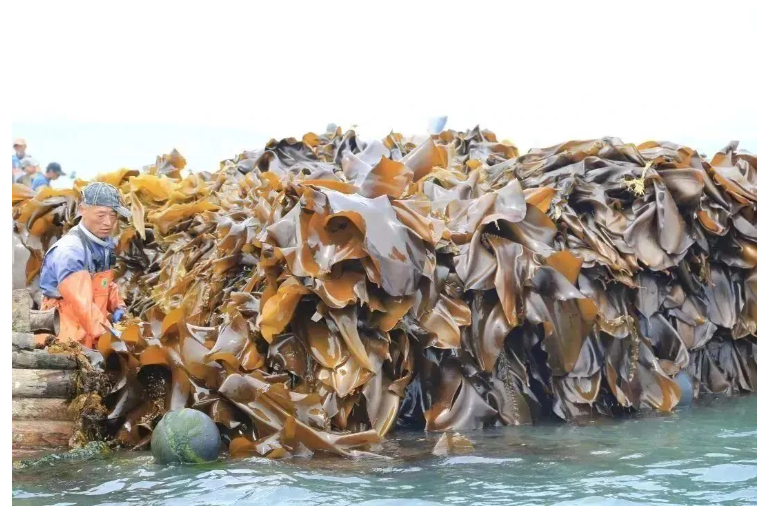
Dalian seaweed breeding base (kelp)
In the early days of the founding of the People’s Republic of China, iodine was an important strategic material in our country, all of which depended on imports. Western countries imposed an economic blockade on our country and cut off the source of iodine. Premier Zhou Enlai made an important instruction: "Take the road of self-reliance to overcome the difficulty of shortage of iodine for medical use." In the early 1950s, Chinese scientists Zeng Chengkui, Ji Minghou and others successively extracted alginate from wild sargassum and determined the corresponding production process. In 1975, China first alginate production workshop was established in Qingdao Industrial Alcohol Factory. Opened the prelude to China's alginate industry. The predecessor of Jiejing was the iodine production workshop under the Rizhao County Distillery (the workshop was established in 1967 and put into operation in January 1969, and later co-produced iodine, mannitol and alginate in small quantities).
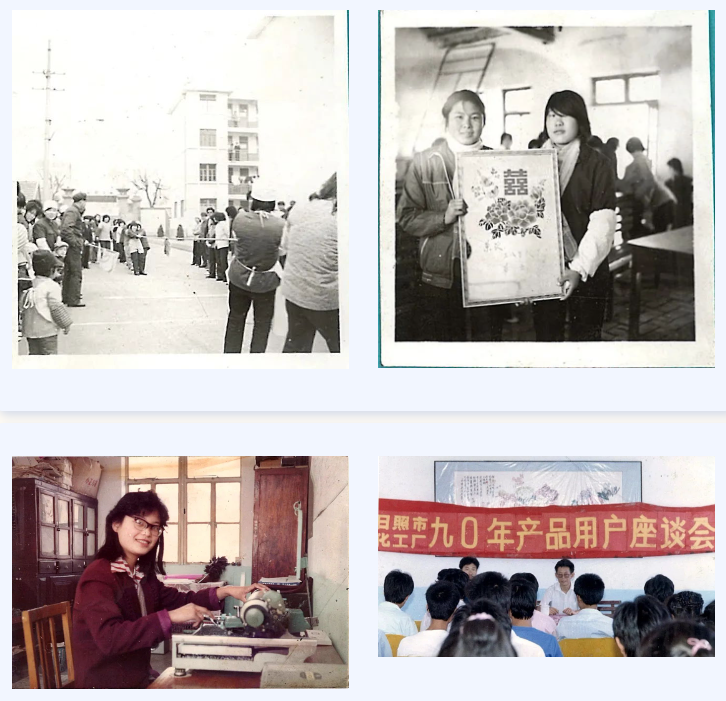
The research results of Zeng Chengkui and other scientists directly promoted the rise of the first "wave" of mariculture in my country, and he is known as the "father of Chinese kelp". After research and demonstration, relevant national departments believe that our country is rich in kelp resources, and the development of kelp to extract iodine is the most realistic and feasible way in our country. Therefore, the development plan for kelp cultivation and iodine production has been formulated, which has contributed to the history of kelp extracting iodine technology and industry. In October 1969, ten ministries and commissions of the State Council jointly held the "National Iodine Production Planning Conference" (known as the "1025 Conference" in history), and put forward the guideline of "focusing on iodine". More than 60 iodine factories have been built successively. In May 1976, the iodine workshop separated from the Rizhao County Wine Factory and established the Rizhao County Chemical Factory (the chemical factory is still in place, and the winery has moved out).
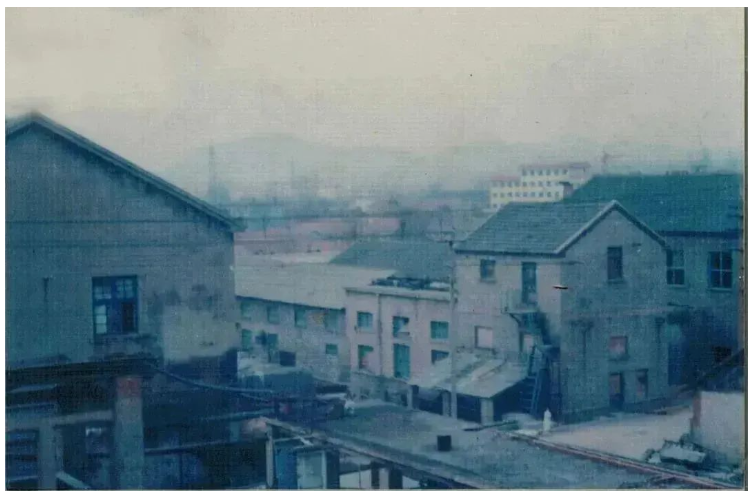
A corner of Rizhao Chemical Factory, the predecessor of Jiejing Group
